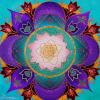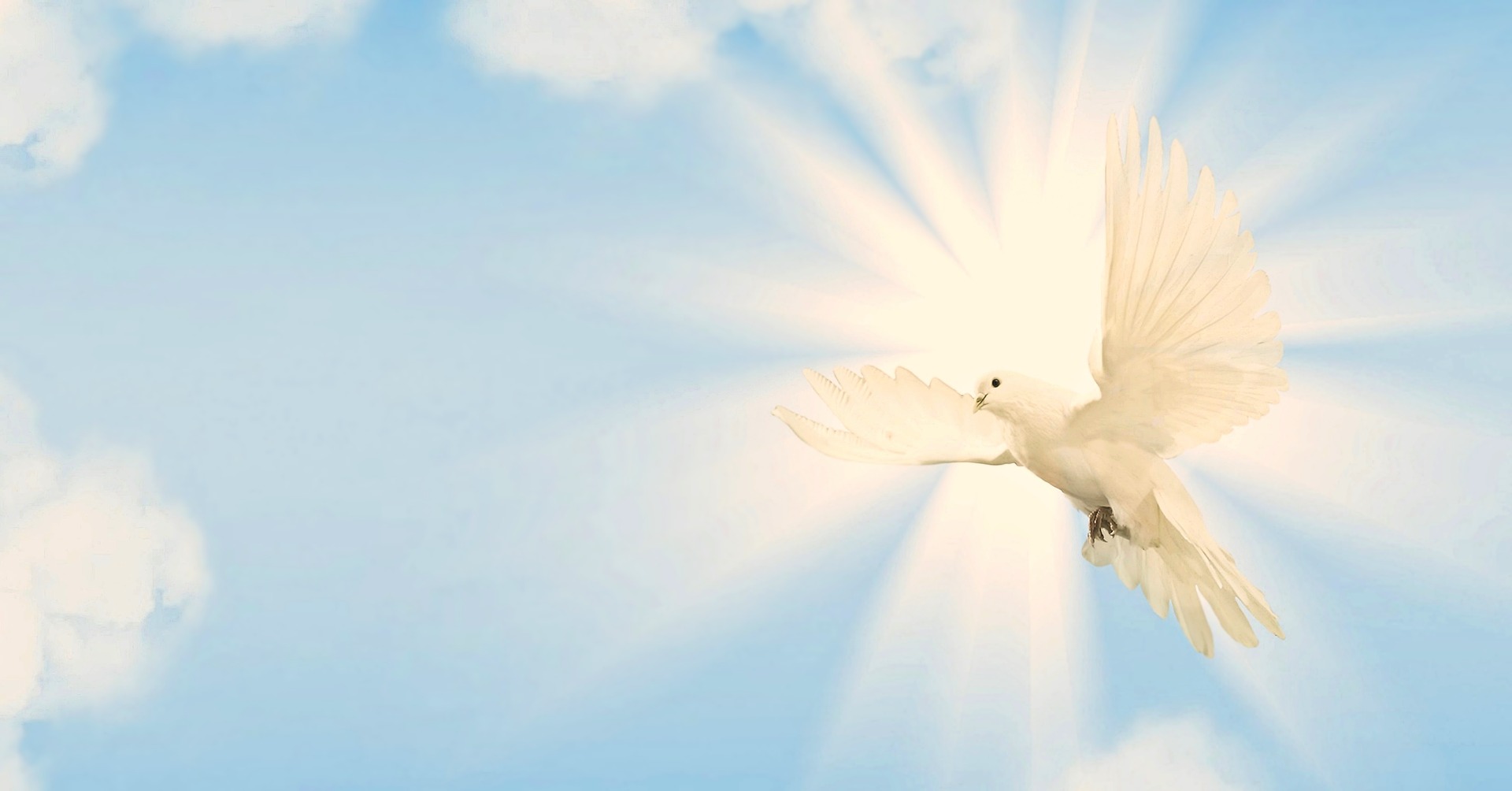 Submitted by Sri on
Submitted by Sri on

IT is true that many ancient works seem to teach the reincarnation of man in the animal kingdom. But neither Western doctrines, nor esoteric Eastern ones, do. There are, however, natural bases for the error.
After incarnation in a human form, our physical principles do reincarnate in the lower kingdoms. Every thinking being knows that. Reincarnation teaches that a large part of our physical animal nature goes with the physical particles into the other kingdoms, powerfully influencing their evolution for good or evil, and later sometimes returning to us in part in other incarnations.
Said a Brahmin to E. D. Walker: "The whole question of rebirths rests upon the right understanding of what it is that is born again.... It must be understood that the true human ego in no sense migrates from a human body to an animal body, although those principles which lie below the plane of self-consciousness may do so. And in this sense alone is transmigration accepted by Esoteric Science." It is just this which the Brahmins, however, do not permit their deluded followers to understand.
By evil living it is possible to so submerge the human, immortal principle that it cannot function at all. In this case, the man, reborn, is literally an animal, intellectualized, having human shape, but without conscience. This is being "reborn an animal." Are there not plenty of these visible in modern civilization? Fancy and misunderstood terms elaborated this into being reborn in animal form.
Priestcraft. It was obviously much to the interest of the Brahmins that the peasant should consider the Brahmin able to send him back in a new birth as an insect. It was also freely taught under the above theory that one might "sink lower than the worm or gnat." Easy enough to regard this as meaning become a worm or gnat. By the same roads animal reincarnation came into Greek philosophy (though a translation of many of the texts, especially Plato and Pythagoras, by one who had studied esoteric Oriental reincarnation, would put a different face on the matter). Hierocles, disciple of Pythagoras, explaining the Golden Verses of the latter, says:
"He who expects that after his death he shall put on the body of a beast, and become an animal without reason, because of his vices, or a plant because of his dullness and stupidity, -- such a man, I say -- is infinitely deceived, and absolutely ignorant of the essential nature of the soul, which can never change; for being and continuing always man, it is only said to become God or beast by virtue or vice, though it cannot be either the one or the other." (Except in the sense that every soul is one with the Absolute Life, the "World-Soul," and thus had infinite possibilities for good and evil.)
The Brahmins, and some of the Greek Hierophants, held that the mob could not yet understand the subtle idealism of the true doctrine, and must be kept virtuous by the fear of reincarnating as animals, just as some Western churchmen have held that while there is no hell, the fear of it is necessary for the ignorant.
The story of Buddha's remarking that a certain lazy porter had been reborn as a broom for refusing to sweep properly is typical of the anecdotes which substantiate the idea that reincarnation means transmigration into animals. Buddha's remarks of course were set down long afterwards by comparatively ignorant disciples -- as were those of Jesus.
Allowing for their understanding to be influenced by the current popular ideas, and for the imagery in which every Oriental teacher couches his doctrines, it is not hard to see that Buddha was merely illustrating the teaching that the lower principles of one's nature gravitate at death by natural affinity into the kingdom of nature for which they are fitted; and, upon being recaptured at rebirth, bring with them corresponding influences. Corroborating literature for this view is voluminous -- both Oriental and Occidental.
The true teaching is that although these principles descend at death into lower kingdoms for life after life, if they are improved by the man's manner of living, and not degraded, they will gradually be stabilized at the level of human consciousness.
When his material or lower vehicles are wholly "humanized," the man is no longer like the rest of us, half animal and half divine; but wholly divine; a savior and teacher of man, whose memories remain unbroken by death because none of his principles of consciousness become obscured by periodic descent into lower forms; they have become too purified for that.
There is of course an unbroken, graduated line of evolution from the lowest kind of man to the highest. Virtue and wisdom are acquired by right living, not endowed by a heredity and circumstance for which the man is irresponsible. The real role of heredity will be dealt with next.